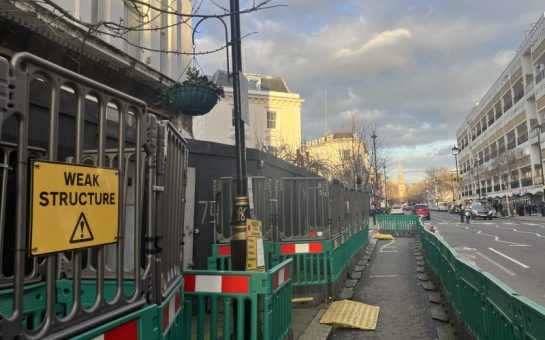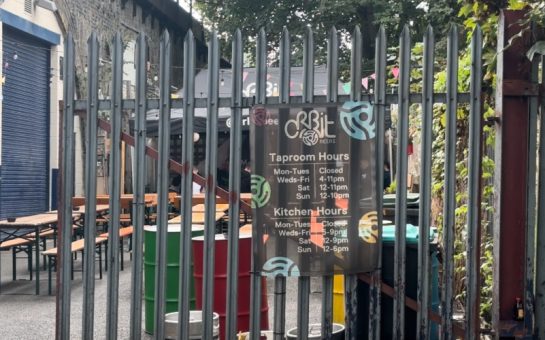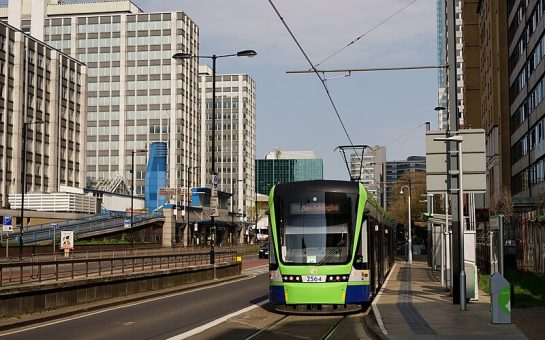Over the last year, the delivery industry has boomed and large delivery companies like JustEat and Deliveroo have seen the pay-off, with JustEat splashing more than $5m on a Snoop Dogg advert and Deliveroo going public.
But it’s not just the big names who have made the most of the lockdowns.
Entrepreneurs across the country, looking for a career change and with more time to think about it, have found the pandemic the perfect time to start their businesses.
SWL spoke to the entrepreneurs behind Croydon Eats (a local takeaway platform), Vanoffee (the ice cream van for coffee and cakes), and Weezy (one of many supermarket delivery platforms popping up in London).
What did we learn? It’s not just the lockdown that set these companies up for success, but the local people buying from them.
Croydon Eats
Paul Sweeney and Andy Szebeni launched Croydon Eats in March 2021 after hunting for a venture idea that would fit around Paul’s responsibility as a single parent to primary aged children.
Andy said: “We were seeing lots of stories of takeaway companies having incredibly deep pockets and you could see where the money was going – into advertising and into the pockets of the investors.
“We thought there must be a gap in the market for something more grounded, just looking to help local businesses to grow their customer base.”
They came across the tech they needed ready-made and brought their respective previous experience to build a local delivery company to counter dominating influence of the ‘big three’ (Deliveroo, JustEat and UberEats) in their home town of Croydon.
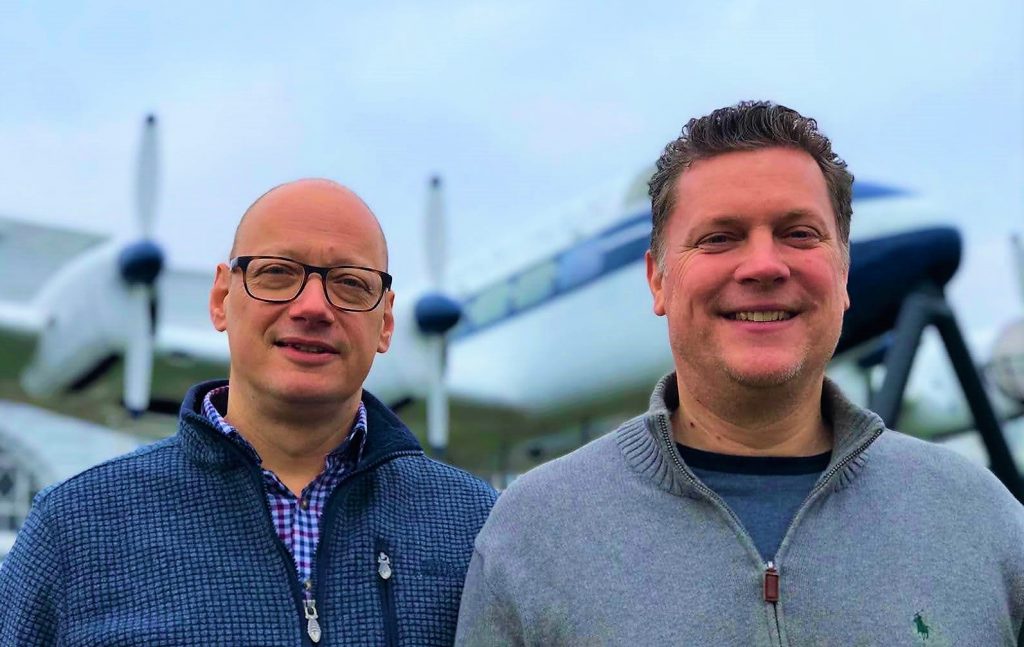
The pair found the lockdown didn’t just help them by giving them a bit more time to think, it also helped with winning takeaway outlets online who were looking for new ways to generate income.
One downside of the pandemic was how much more difficult it was to build effective partnerships with outlets and bring them on board while following social distancing measures.
“Being out and about with a mask and 2m away was not as easy as it could have been,” added Andy whose background was in sales.
And this made it more difficult to build connections with people in the area, the most important and rewarding part of Croydon Eat’s journey so far, according to the pair.
Andy said: “Just having conversations with outlet owners or potential customers, it makes you feel connected with the community, and it makes you feel like you’re doing something worthwhile.”
And this connection with the local people is likely to be the key to Paul and Andy’s start-up as well as many others around the UK as more people look to spend their money at independent businesses after the pandemic.
According to a recent study by Vistaprint, 41% of us would be prepared to pay more for a coffee or lunch if it meant supporting a small business.
Vanoffee
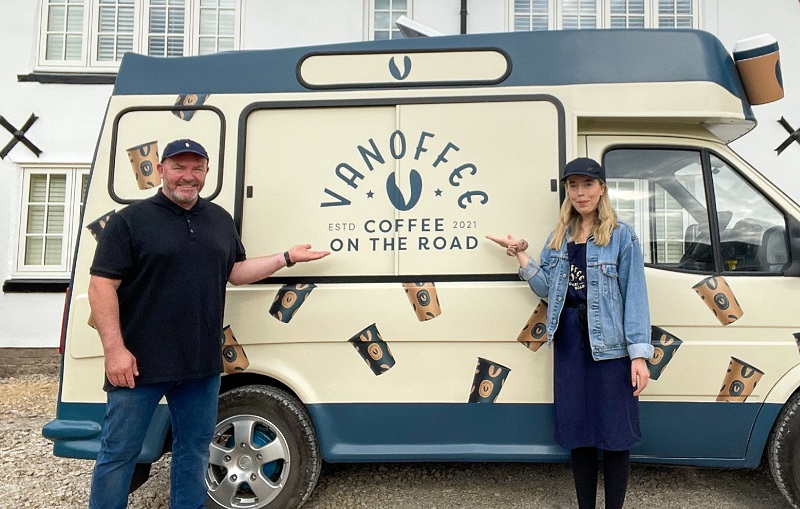
April Kennedy, a 24 year-old graduate from Altrincham in Manchester, found the same thing when starting her lockdown start-up Vanoffee, an ice cream van for coffee and cakes.
On being out on the road and connecting with people, she said: “It just makes you realise how supportive people are of a new start-up business.
“So many people have said to me: ‘I’d rather come to your van than go to Costa or Starbucks, not just because I like what you sell but also because you’re a new concept in the community and I want to see your business do well and I really want to support you.’ It’s just lovely.”
April started Vanoffee after quitting her first job out of university when she was put on furlough.
The idea for a coffee van that drove around delivering coffee and cake came to her during lockdown when she was on a walk around the park, all the cafes were closed and all that was open was an ice cream van in the park and she thought: ‘I wish there was something like that for coffee’.
April built the business from scratch with help from her business partner, who is also her dad and now spends five days working hard to offer coffee, cakes, make sure the vans got enough stock and keeping it clean.
And, one step up from just an ice cream van for coffee and cake, the van can be tracked via an app with the day’s schedule, so that returning customers can know when to expect their Vanoffee fix.
She said: “It’s quite a rewarding feeling, seeing it all come to life, it’s very surreal.
“To think that this time last year I was on furlough and I’d started volunteering for a radio station, I didn’t really know what I was doing.
“But now I’m so proud of Vanoffee. Every night I want to make sure the van is spick and span.”
Going forward, April thinks Vanoffee will be able to make the most of the hybrid working world with many people still working from her for much of the week and in need of a coffee.
She said: “If you work from home and you live in an estate miles away from any coffee shops, then the van and app are the perfect solution.
“It’s a really good break to get people out of the house to buy a coffee, have a quick chat and head back – rather than sitting in your home office alone all day.”
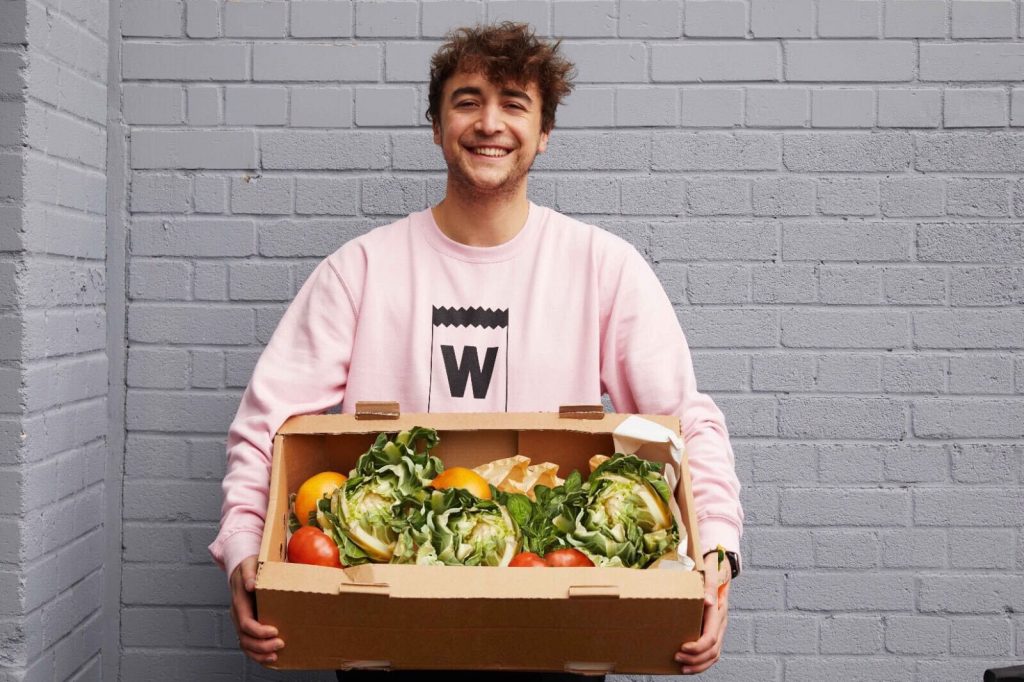
Weezy
It’s not just small grassroots business making the most of the delivery boom, there’s a multi-million pound sector: immediate supermarket delivery.
In London alone, there are a ton of brand new companies trying to be the Deliveroo of the sector including Getir and Gorillas.
One of the players focussing on London and Brighton is Weezy, founded by Kristof Van Beveren.
Kristof had the idea when faced with the very problem he needed to fix himself: on a business trip, too tired to cook and not wanting an unhealthy takeaway, he realised a need for a way to order food, not a takeaway, just normal, supermarket food.
The reception has been particularly good after working from home meant most people could not pass a supermarket to pick up essentials or needed ingredients on the way home from work.
According to Charlie, who was leafletting for Weezy on Brighton beach just a month after their launch there, most people have had very positive responses to the idea and been keen to find out more about the company.
She said: “I like Weezy particularly because they use independent businesses, not always just the chains, it makes me think they’re a nice company.”
Even for a start-up eyed up by VCs, local and independent businesses still shows its importance.
